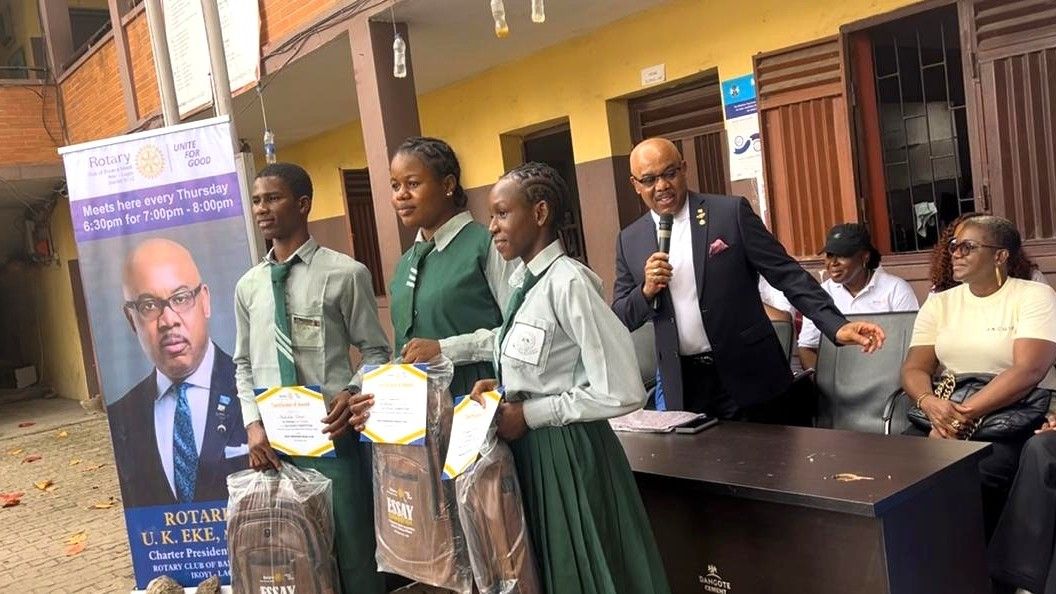The once thriving Auto Spare Parts and Machinery Dealers Association (ASPAMDA) Market in the Lagos International Trade Fair Complex has been thrown into disarray following a demolition exercise by the Lagos State government, leaving hundreds of traders displaced and struggling to recover their livelihoods.
The demolition, carried out in September 2025, formed part of a state plan to redevelop the Trade Fair area into a modern commercial and exhibition hub. But traders say the move caught them unawares and has crippled business activity in what was once one of West Africa’s busiest trading centres for auto parts, machinery, electronics, cosmetics, drinks, and human hair products.
Many traders described the aftermath as devastating. Umeh Ufoma said life after the demolition “has been a disaster.” He told The Guardian: “We don’t sell as usual anymore. People who used to come in to buy from us are no longer coming. Since the demolition, this place has looked like an abandoned site. We just pray the government will have mercy on us.”
Another trader, Ella Uche, who sells cosmetics, said she narrowly escaped losing her shop but noted that many colleagues were not as lucky. “We who escaped are few. That’s why we’re struggling to sell and waiting for reconstruction,” she said.
Juliet Aniagwu, who trades in household goods, said the market has lost its energy. “Before, the place was full of activities. Many people used their shops as warehouses, especially those who supplied customers from outside Lagos. Now, people are no longer coming like before,” she said.
For Favour Sunday, reconstruction is ongoing but the uncertainty remains. “We’re still trying to pick up the pieces. I’m scared that the pillar near my shop will collapse anytime, but thank God they came to fix it,” she said.
Chike Okonkwo, who deals in electronics, said many traders have been forced to set up makeshift stalls along the Lagos-Badagry Expressway, exposing themselves to harsh conditions. “These informal markets lack basic amenities like shelter, sanitation, and security. Before, we had a permanent place to display our goods, and customers knew where to find us. Now, everything is uncertain,” he said, calling on the government to resolve the situation urgently, especially with the Yuletide season approaching.
Responding to the controversy, the Lagos State government reiterated its zero tolerance for illegal and unapproved developments within the Trade Fair Complex. The Commissioner for Physical Planning and Urban Development, Dr Oluyinka Olumide, said the enforcement was necessary to ensure public safety and restore order.
He noted that the complex had “degenerated into an enclave of haphazard and unsafe structures,” posing grave risks to life and property. “In line with Sustainable Development Goal 11—‘Make cities and human settlements inclusive, safe, resilient and sustainable’—and the State’s T.H.E.M.E.S+ Agenda, Lagos State is acting strictly within its constitutional and statutory mandate,” he said.
Olumide cited the Nigerian Urban and Regional Planning Act of 1992, the Lagos State Urban and Regional Planning and Development Law of 2019, and a 2003 Supreme Court judgment that affirmed the state’s power to regulate physical development, even on federal lands, except those used exclusively for military purposes.
He clarified that the enforcement at the Trade Fair Complex had nothing to do with land ownership. “The issue is not about who owns the land. It’s about ensuring that all structures have valid planning permits. Every building in Lagos must comply with the law,” he explained.
Olumide also dismissed claims by some political groups that the exercise was discriminatory, describing such comments as “ill-motivated and aimed at scoring cheap political points.” He said similar enforcement actions had been carried out across Lagos, including in markets dominated by Yoruba, Hausa, and other ethnic traders.
He announced a two-week ultimatum for all occupants within the complex to regularise their building approvals and urged residents to cooperate with ongoing urban renewal efforts aimed at creating “a safe, liveable, and sustainable Lagos for all.”






